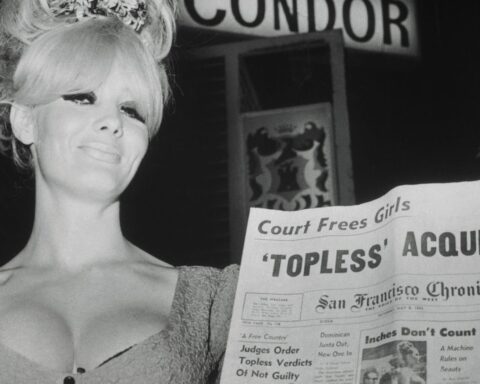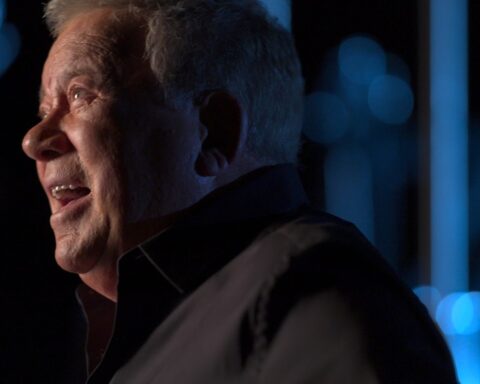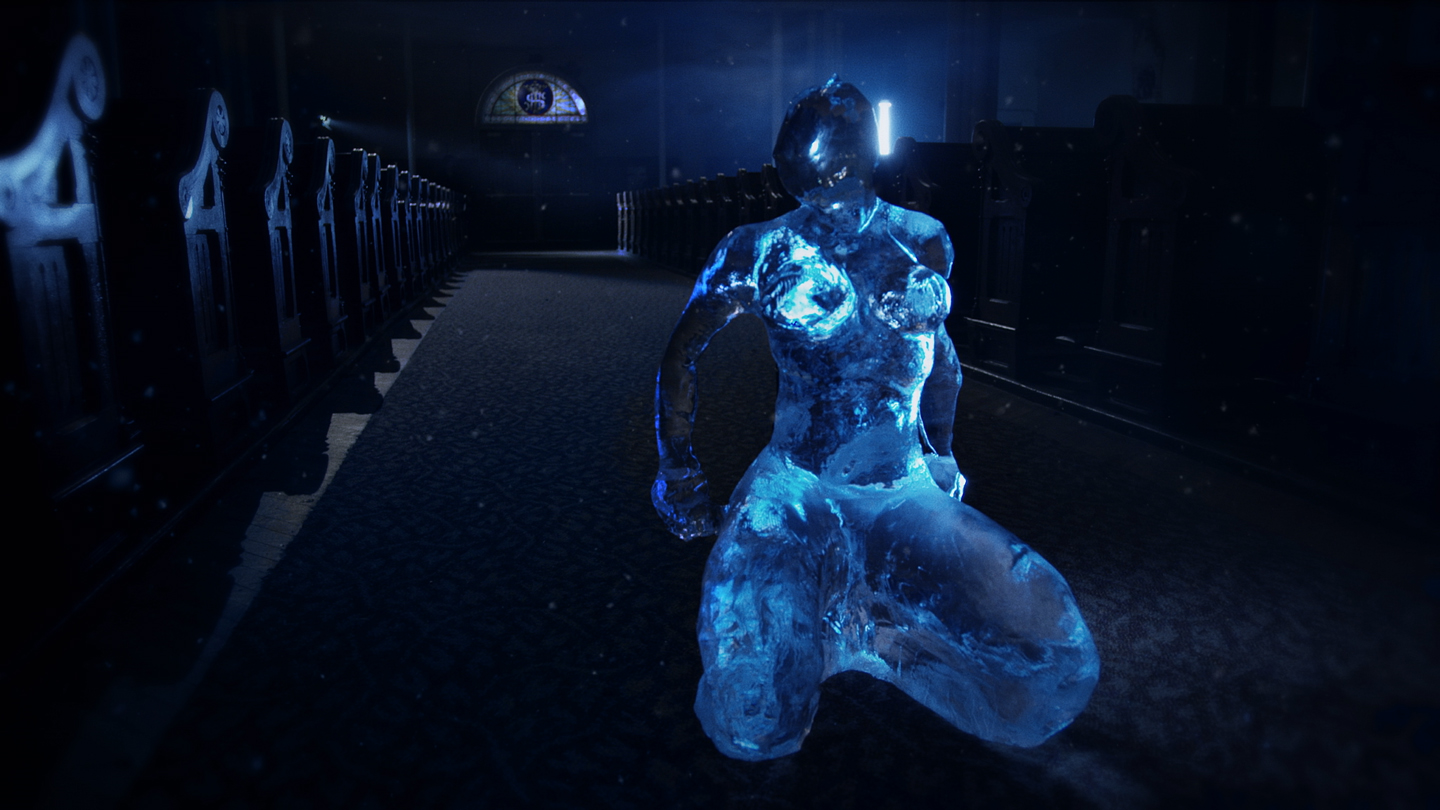Linda Ronstadt: The Sound of My Voice
(USA, 93 min.)
Dir. Rob Epstein, Jeffrey Friedman
Earlier this week, I performed a familiar routine. I opened a Vimeo link, cut and pasted a password, and let a film buffer. Then began the familiar opening act: a few hit tunes, some famous talking heads, some early concert footage, b-roll of clapping hands, and a montage of spinning newspaper headlines accompanied by emcees and late night talk show hosts extolling the subject’s name. “Linda Ronstadt!” “Linda Ronstadt!” “Linda…Ronnnnnstaaaaaaaadt!”
But then something unfamiliar happened. Out of nowhere, my laptop just died. My computer, like me, simply could not endure another goddamn Baby Boomer music doc.
Fortunately, for my five-year old HP, but not for me, the machine had simply overheated. Following some cool down time, good ol’ Linda was buffering again. Shockingly, the laptop had not only resurrected itself from the Blue Screen of Death, but perhaps this reviewer needed more cooling before dealing with the Ronstadt doc.
After a summer of watching Gordon Lightfoot: If You Could Read My Mind, Marianne & Leonard: Words of Love, Pavarotti, David Crosby: Remember My Name, Echo in the Canyon, and all the others I’ve already forgotten, reviewing these formulaic music docs has become like playing a game of Mad Libs. “[Subject A] played with [big name celebrity] at the [crappy dive bar or coffee house] and then battled [drug/drink of choice] and slept with [X], [Y], and [Z] before kicking it old school, breaking barriers as a [identity category] and paving the way for all the [choose one of Beyoncé, Lady Gaga, or Drake]s of today.” Nothing about Linda Ronstadt: The Sound of My Voice deviates from the script.
Don’t get me wrong, I love a good music documentary. I’d call 20 Feet from Stardom the best doc of the decade. (Sorry, Oppenheimer fans!) I think Shut Up and Sing is the great political doc of the Bush era. I love a toe-tapping tale whether it’s verité like Miss Sharon Jones!, an all-archival ode like Maria By Callas, or a good old-fashioned concert doc like Western Stars. Music docs find greatness when they go beyond the star and the songs to say something deeper. But a certain kind of rote music doc is running rampant in 2019.
One of these nostalgic Baby Boomer music docs opens every week and they’re all the same. The only one I can truly exalt lately is Martin Scorsese’s wildly inventive and shape-shifting Bob Dylan doc Rolling Thunder Revue, which playfully puts the fallibility of nostalgia and memory at its core and stands out in a field of serviceably produced, homogenous products. (But then again, pick up a copy of the current POV for an essay by Daniel Glassman that argues that Scorsese falls into the same trap of nostalgia these formulaic films peddle.) Scorsese’s inspired take on the lore of Dylan’s travelling circus is the opposite of Rob Epstein and Jeffery Friedman’s film: it’s not about the archives, Grammys, or fawning interviews, but the ways in which people carry musical experiences throughout their lives and how these memories morph over time. With The Sound of My Voice, it’s just archives, Grammys, and fawning interviews cut into a one-note narrative of record.
Even the usual suspects that Ronstadt rounds up don’t equal a great line-up. There isn’t much drama to her story: her parents gave her a good childhood, she wanted to be a singer, and she became one. That’s it.
Ronstadt is an anomaly as a female rock ‘n’ roll star of proud Mexican heritage during the macho Sixties. She has a killer voice, but the doc itself likens her to a product manufactured by studio interests, not too far from the American Idol stars of today. The film doesn’t ask if her willingness to change formats or styles cheapened her artistry: by contrast, look at how Madonna needs to justify herself every time she changes her tune.
The talking heads roster of Ronstadt’s colleagues and friends features impressive names like Dolly Parton, Bonnie Raitt, Emmylou Harris, and Cameron Crowe. However, Ronstadt herself speaks only in audio interviews interspersed throughout the film in a clunky sound mix. Ronstadt, who has Parkinson’s disease, appears briefly on camera in scenes that bookend the film, which leaves the doc weirdly disjointed as she ends up feeling like a narrator speaking from beyond the grave. Thanks to their visibility on screen, the talking heads sound more authoritative than Ronstadt. .
Perhaps it’s unfair to fault Linda Ronstadt: The Sound of My Voice simply for coming at the end of an assembly line of products, but it’s officially time for a moratorium on Baby Boomer music docs. Their sameness dilutes the pool and diminishes the unique legacies of the music icons these docs aim to celebrate.
Linda Ronstadt: The Sound of My Voice opens at Hot Docs Ted Rogers Cinema on Sept. 27.











